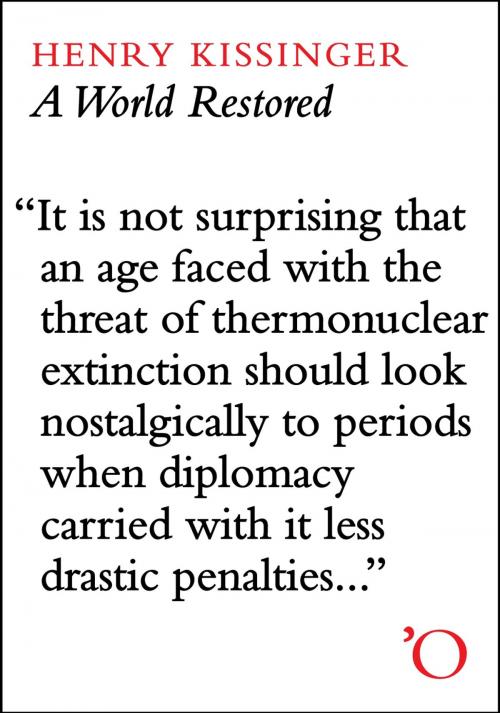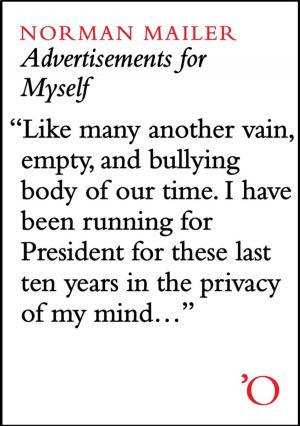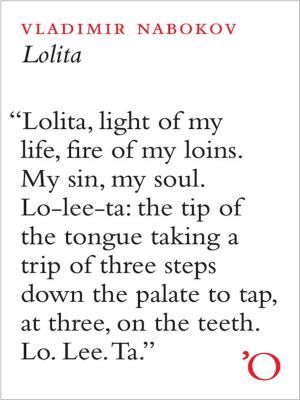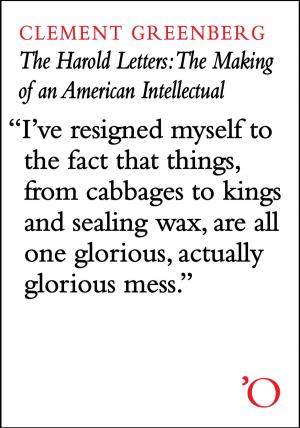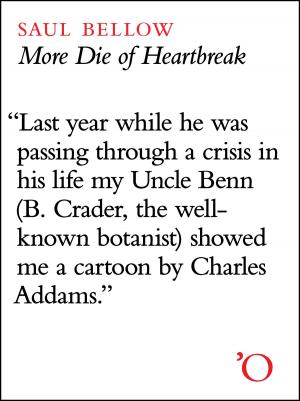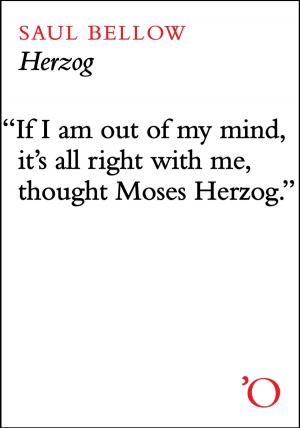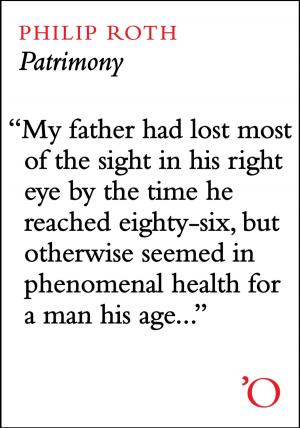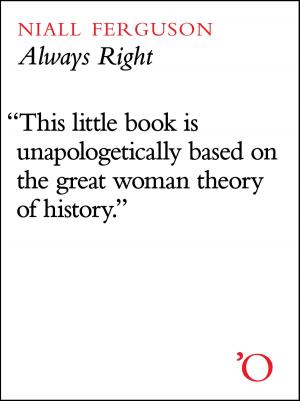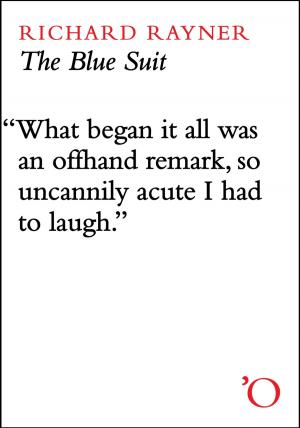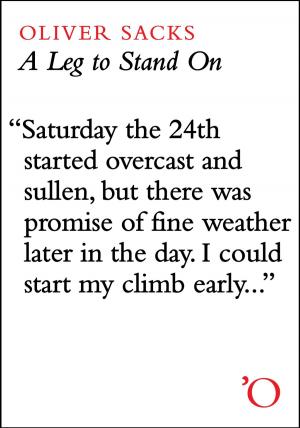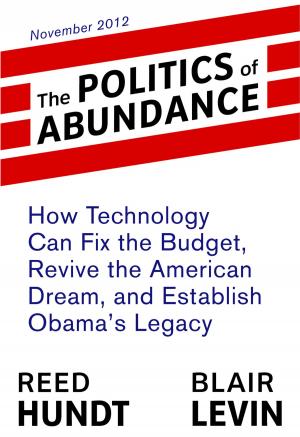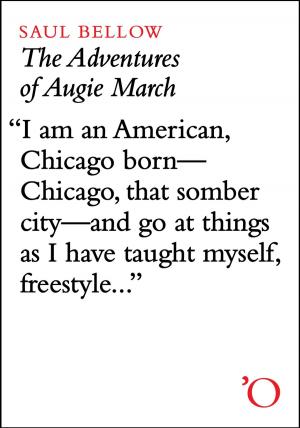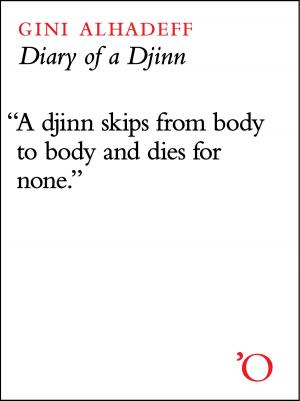A World Restored
Metternich, Castlereagh and the Problems of Peace, 1812-22
Nonfiction, Social & Cultural Studies, Political Science, International, International Security, History, Germany, International Relations| Author: | Henry Kissinger | ISBN: | 9781623730116 |
| Publisher: | Odyssey Editions | Publication: | June 26, 2013 |
| Imprint: | Odyssey Editions | Language: | English |
| Author: | Henry Kissinger |
| ISBN: | 9781623730116 |
| Publisher: | Odyssey Editions |
| Publication: | June 26, 2013 |
| Imprint: | Odyssey Editions |
| Language: | English |
Few periods illustrate so well the dilemma posed by the appearance of a revolutionary power; and the problems of organizing a legitimate order, as the decade after the Napoleonic Wars. Revolutionary France had refused to accept the legitimacy of the existing European balance of power, which had operated so intricately throughout the eighteenth century. Disputes no longer concerned the adjustment of differences within an accepted framework, but the validity of the framework itself. In 1812, when Napoleon was defeated by Russia, the problem of constructing a legitimate order confronted Europe in its most concrete form. This year marked the moment when it became evident that Europe was not to be organized by force. But the alternative was not nearly so apparent. It was clear that there were new forces loose in the world clamoring for popular participation in government. But it seemed equally evident that these forces had been responsible for a quarter-century of turmoil.
Surprisingly, the settlement that emerged provided a peace lasting almost a hundred years, realized without a major war or permanent revolution. That Europe by 1822 rescued stability from seeming chaos was primarily the result of the work of two great diplomats: Viscount Castlereagh, the British foreign secretary, and Prince von Metternich, Austria’s foreign minister. Henry Kissinger explains how the turbulent relationship between these two men, the differing concerns of their respective countries, and the changing nature of diplomacy influenced the final shape of the new international order. Part political biography, part diplomatic history,*A **World Restored *analyses the alliances formed and treaties signed by the world's leaders during the years 1812 to 1822, the conference system and congresses that gave rise to the European order that would last until the outbreak of World War I, and the tactics and philosophies behind the negotiation of peace. Kissinger’s first book is a powerfully argued manifesto on the nature of statesmanship.
Few periods illustrate so well the dilemma posed by the appearance of a revolutionary power; and the problems of organizing a legitimate order, as the decade after the Napoleonic Wars. Revolutionary France had refused to accept the legitimacy of the existing European balance of power, which had operated so intricately throughout the eighteenth century. Disputes no longer concerned the adjustment of differences within an accepted framework, but the validity of the framework itself. In 1812, when Napoleon was defeated by Russia, the problem of constructing a legitimate order confronted Europe in its most concrete form. This year marked the moment when it became evident that Europe was not to be organized by force. But the alternative was not nearly so apparent. It was clear that there were new forces loose in the world clamoring for popular participation in government. But it seemed equally evident that these forces had been responsible for a quarter-century of turmoil.
Surprisingly, the settlement that emerged provided a peace lasting almost a hundred years, realized without a major war or permanent revolution. That Europe by 1822 rescued stability from seeming chaos was primarily the result of the work of two great diplomats: Viscount Castlereagh, the British foreign secretary, and Prince von Metternich, Austria’s foreign minister. Henry Kissinger explains how the turbulent relationship between these two men, the differing concerns of their respective countries, and the changing nature of diplomacy influenced the final shape of the new international order. Part political biography, part diplomatic history,*A **World Restored *analyses the alliances formed and treaties signed by the world's leaders during the years 1812 to 1822, the conference system and congresses that gave rise to the European order that would last until the outbreak of World War I, and the tactics and philosophies behind the negotiation of peace. Kissinger’s first book is a powerfully argued manifesto on the nature of statesmanship.
